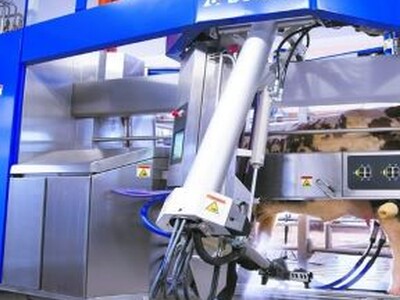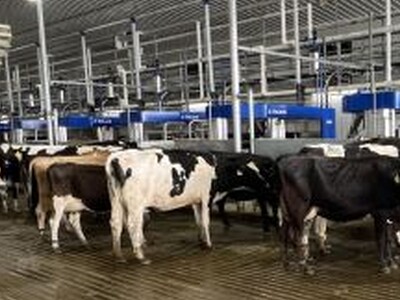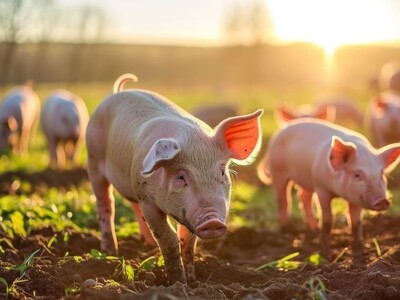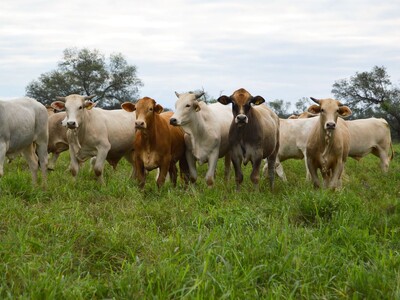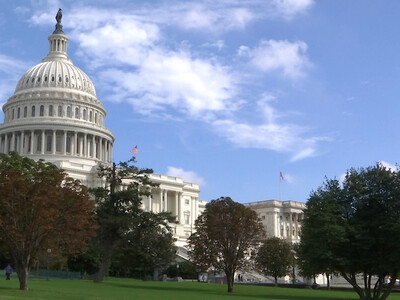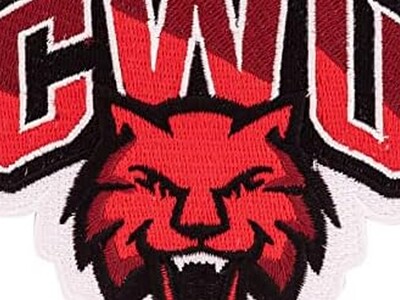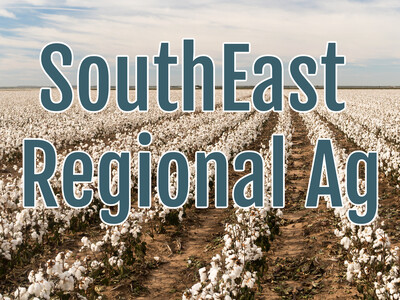Violating WTO Rules
Violating WTO Rules. I’m Greg Martin with today’s Line On Agriculture.
The World Trade Organization has declared that U.S. country-of-origin-labeling requirements for meat violate WTO rules. The challenge of the rules – which are known by the acronym COOL – came from Canada and Mexico.
LUDLUM: The Canadian/Mexican government suit was specifically over the portion of the COOL label that applies to “born and raised in the U.S.” Basically they have sued to say that if an animal is processed in the U.S. that meat should be considered a product of the U.S., of U.S. origin, and so that’s what would need to be fixed in order to come into compliance with the WTO ruling.
American Farm Bureau Farm Policy Specialist Kelli Ludlum says the complaint is very narrow, but the U.S. Trade Representative has until March to decide whether or not to appeal.
LUDLUM: How easily fixable it is sort of depends on Congress. It would require an action of Congress to actually change that part portion of the program. And as you know, anything that goes through Congress can be difficult. So we’re waiting to see what USTR decides in terms of an appeal , but also this may get wrapped up into the next farm bill process as we look at whether we’ll need to make changes to come into compliance and what those changes will look like.
Ludlum says there are two schools of thought on the issue. Some say scrap the whole COOL program; others say just make the narrow fix. But if we do nothing?
LUDLUM: The cost could be substantial if we don’t make changes to come into compliance. Under the WTO ruling, Canada and Mexico would have the right to impose retaliatory measures on the U.S. if we do not come into compliance. Right now there isn’t necessarily a cost, although there will be down the road if we choose not to make the changes that the WTO has ordered.
And with Canada and Mexico being critical trade partners with the U.S., that retaliation could be costly. Ludlum explains the two schools of thought on how to resolve this trade issue.
LUDLUM: There are kind of two schools of thought when it comes to how this problem gets fixed legislatively. One is that this narrow problem, the WTO complaint, is symptomatic of bigger problems with the program overall. By and large the program has not yielded particular benefits to producers although it hasn’t cost as much as people were afraid it would either and so there kind of this this camp that says, well, the program really isn’t worth hanging onto so we should just scrap the whole thing. The other school of thought, the other kind of camp, says that we should make a narrow fix to the COOL program and leave it in place as it is today. And so those two sort of positions will have to be reconciled in the legislative debate.
That’s today’s Line On Agriculture. I’m Greg Martin on the Ag Information Network.




